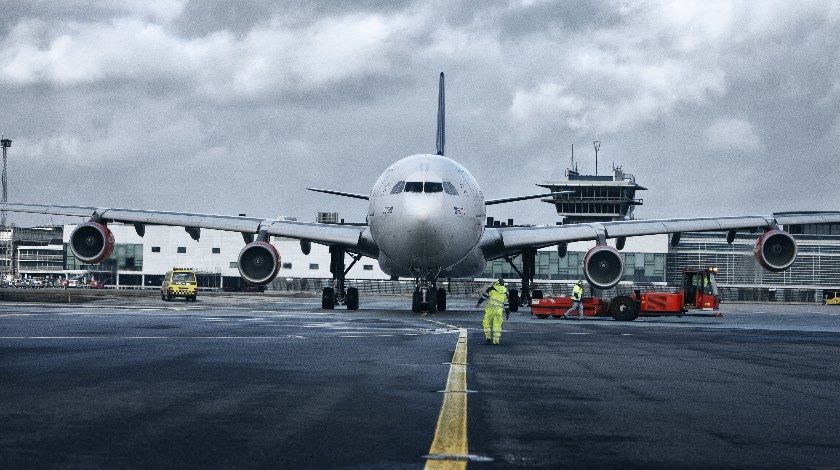Photo: cph.dk
Reading Time: 2 minutesBrazil Congress’ lower house has approved an Open Skies agreement between the U.S. and Brazil, which in turn means that the way has been further cleared for an intended partnership between American Airlines Group and LATAM Group SA (LATAM). The agreement still requires ratification from the Brazil Senate.
Having been signed in 2011, the agreement between the two airlines has faced a certain degree of opposition from local Brazilian interests, particularly Azul Linhas Aéreas (ALA), the country’s third-largest carrier. It had hoped to be allowed time to further establish itself in the Brazilian market, having started operations in 2008, before the Brazilian market was opened up to foreign airlines.
Once final ratification is received from the U.S. Senate, all restrictions on the number of flights between the U.S. and Brazil will be lifted, enabling for the creation of more connections and co-ordinating of schedules, also boosting travel and a cut in cost of air fares between the two countries, the U.S. being a popular destination of Brazilian tourists. Brazil’s anti-trust agency has already given the green light to the proposals.
With the go-ahead from Brazil’s senate, other airlines should swiftly follow suit, Avianca Brasil hopes to seal a business deal with United Continental Holdings Inc in the next two months. The Open Skies agreement was also backed by GOL Linhas Aéreas Inteligentes, Brazil’s second airline, in which Delta Airlines Inc holds a 9.48 percent stake.
Brazil’s center-right government is backing separate legislation to remove limits on foreign investment in Brazilian airlines, currently restricted to 20 percent of common voting shares.
LATAM’s agreement with American Airlines, and a similar accord with British Airways parent IAG, have been approved by authorities in Uruguay and Colombia as well as Brazil. Chile has yet to give its approval, while American has obtained Brazilian approval to build a $100 million maintenance center at Sao Paulo’s Guarulhos airport to increase its South American operations.

